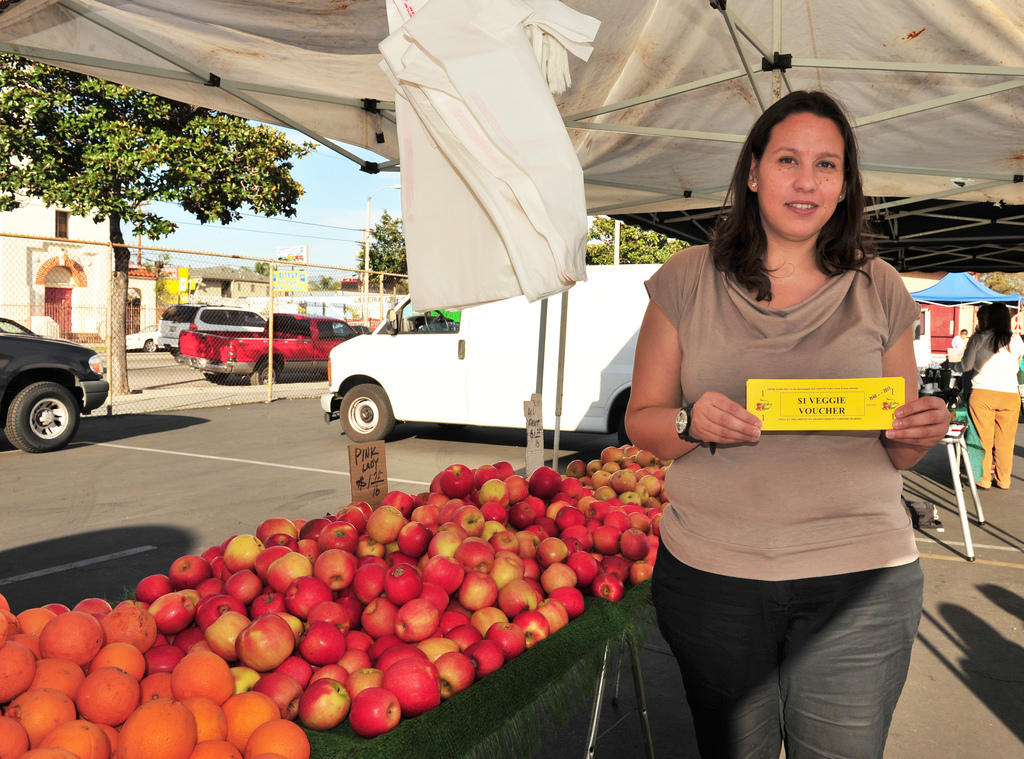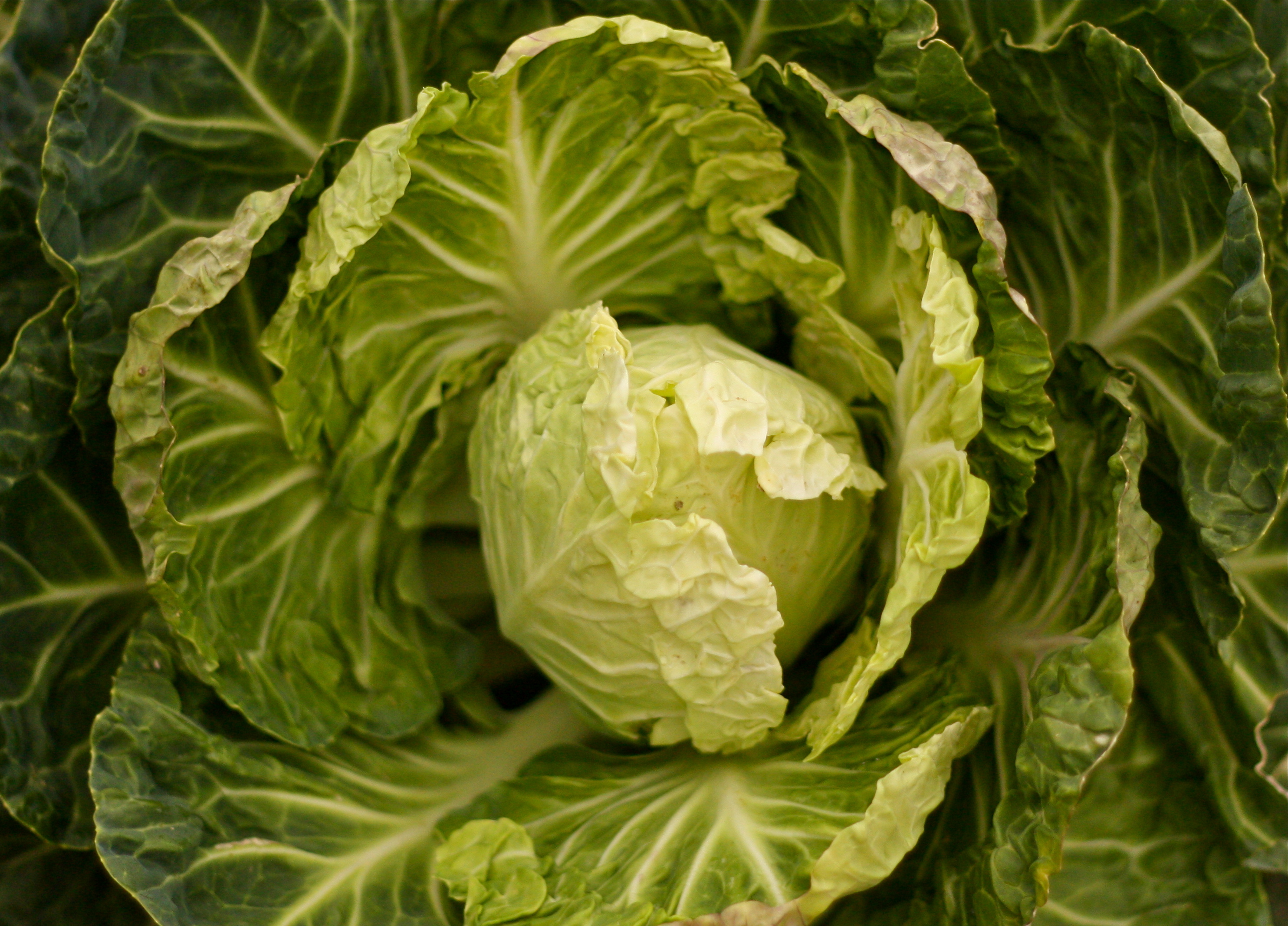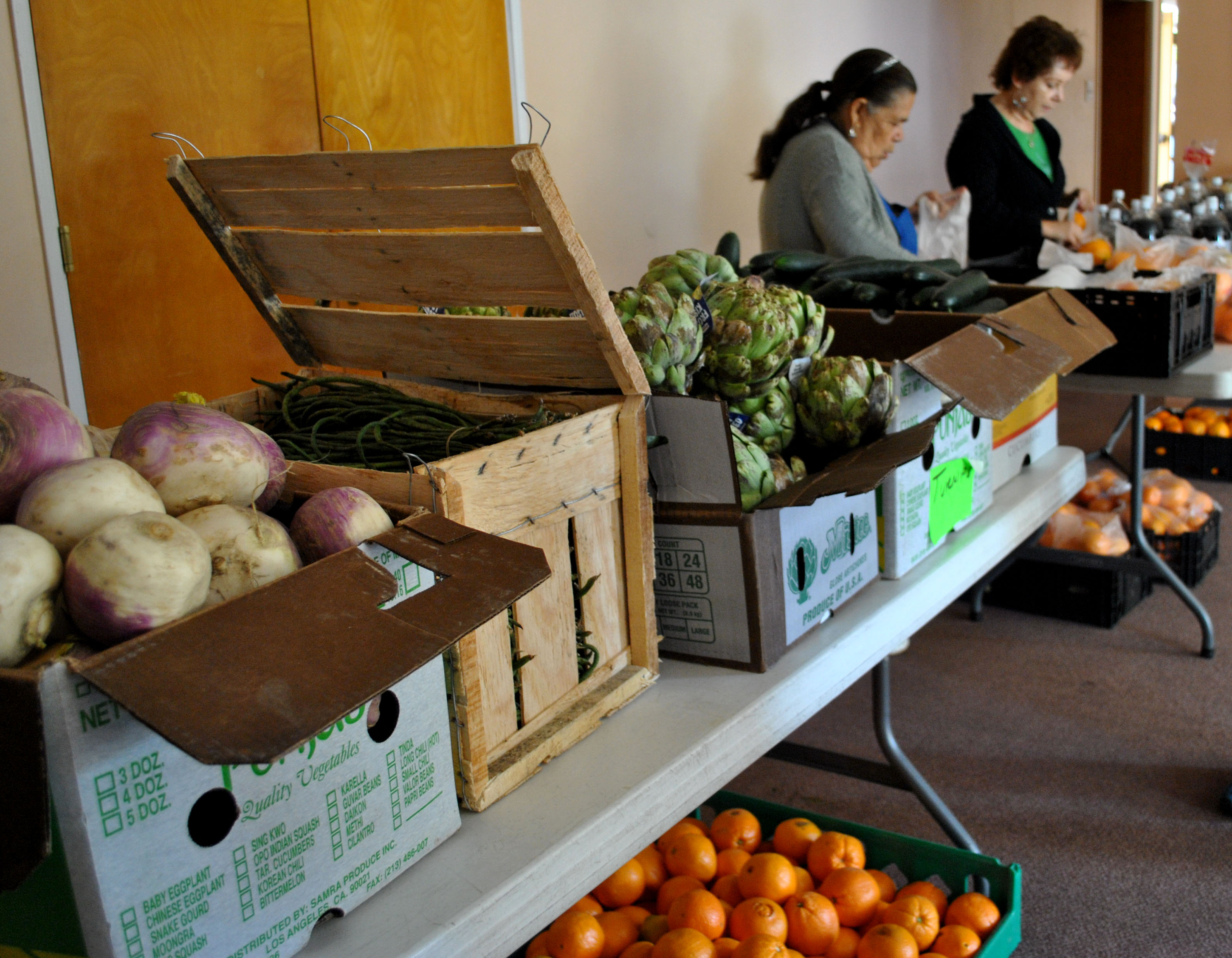In an ideal world, you’d shop exclusively at your local farmer’s market or organic co-op. Your meals would consist mostly of mounds of fresh, seasonal vegetables. But let’s get real — eating this way 24/7 is a pipe dream for even the most health-conscious among us. So what are you to do?
By CYNTHIA RENDON
EL NUEVO SOL
This past August, breakfast took a hit with the egg recalls. Then lunch suffered a blow with the recall of 380,000 pounds of deli meats due to a possible Listeria monocytogenes contamination. That’s a whole lot of ham sandwiches.
And we must also not forget the significant spinach recall back in 2006, which actually killed three people, including a baby and elderly woman. And then there was that pretty big peanut butter recall that killed five people last year, which US health officials say that the Peanut Corporation of America (PCA) knew that its peanut products were potentially contaminated with salmonella before distributing them (Click here to read more about the Food Recalls from the past few years).
What can we gather from this information? It just looks like even the seemingly harmless salad and peanut butter sandwich can be harmful to eat — which leads to the million dollar question — is anything really safe to eat anymore? Or is this seemingly trendy organic and local food that you can get at your local farmers’ market actually better and healthier than traditional and conventional foods? — those foods that have been making many of our neighbors sick, we must not forget.

A common sight at a local farmers' market — fresh produce grown all year-round. Photo/Cynthia Rendon.
Well… that’s where things can get a bit tricky. Statistics say that nearly a quarter of American shoppers now buy organic products once a week, up from 17% in 2000, which experts say has happened because the public has a perception that organic foods are healthier, which leads to increased sales of organic foods. Organic foods being those that do not contain toxins like pesticides, heavy metals, dangerous industrial chemicals (for example, artificial flavors, colors or preservatives). And everything in it is natural: it’s real food, not “Frankenfood”, like many organic advocates have named conventional foods.
Barbara Haumann, press secretary for the Organic Trade Association, shared a study from the French Agency for Food Safety, finding that organic foods have marginally lower amounts of nitrates, pesticides, fungicides, and herbicides. Seeing great value in organic products, Haumann said that the association has multiple plans in place to encourage farmers to grow organically, including cost share programs and partnerships between seasoned organic farmers and new growers.
Dennis Avery, director for the Center for Global Food Issues at the Hudson Institute, had a different opinion about organic food. “No one has ever been able to find any evidence that organic is better in any way,” Avery said. He said that too much land is wasted on organic food and that it should not be pursued.
Are you confused yet?
How about nutritionally? Will organic foods have higher quantities of vitamins and minerals than that of conventional foods? Karen Mason, associate professor of nutrition at Western Kentucky University, said that the nutritional advantage of organic food is debatable.
“There tends to be more minerals… and there seems to be more antioxidants in organic produce,” said Mason. She added that the public has a perception that organic foods are healthier, which leads to increased sales of organic foods. As an individual, Mason said that she incorporates some organic food into her diet; however, she does not recommend exclusively organic diets to patients.

One of the dozens of farmers at the Walnut Farmers' Market with his harvest. The healthy food "epidemic" has caused an increase in organic sales. Photo/Cynthia Rendon.
“My recommendations align with the American Dietetic Association’s view on organic foods,” Mason said. This viewpoint instructs dietitians to recommend that patients increase their intake of vegetables, fruits, non-fat dairy products, and whole grains, whether they are local, organic, or conventional.
But how about the harsh claim that conventional foods cause cancer, as some organic advocates assert?
They assert that the inclusion of some pesticides in foods means increased health risks — especially in children. The EPA lists birth defects, nerve damage, and cancer as some of the major health problems linked to overexposure to pesticides. It is important to note, however, that the EPA already enforces strict rules on pesticide use by growers. And the government still recommends that consumers wash and peel conventional produce before eating it, to eliminate any pesticide residues. But is this really enough to stay safe?
Dr. Claudia Fajardo, a nutrition professor at the California State University in Northridge, says that if a consumer is really concerned about pesticides (and his or her budget), he or she can choose to buy some organic produce — namely the fruits and vegetables that have a thin rind or skin around the fruit, since those are the produce that are most susceptible to pesticide seepage.
Listen to Dr. Fajardo’s explanation on why some foods are more worth buying organic than others.
[audio:http://www.elnuevosol.net/wp-content/uploads/Foodexpert.mp3|titles=Food Expert]So from all the information available now, and considering that there is still much research being conducted on the subject as of today, let’s get one thing out of the way: If scientists could conclusively prove that agricultural chemicals are harmful, we would all go organic. But it’s not clear, for instance, that the levels of pesticide typically found on conventional produce cause cancer… so we arrive at the same million-dollar question: What do we buy?
Let’s face it — eating an exclusively organic diet is a pipe dream for even the most health-conscious among us.
The good news? Consumers can reduce their pesticide exposure by 80% by avoiding the most contaminated fruits and vegetables and eating only the cleanest. If consumers get their USDA-recommended 5 daily servings of fruits and veggies from the 15 most contaminated, they could consume an average of 10 pesticides a day. Those who eat the 15 least contaminated conventionally grown produce ingest less than 2 pesticides daily.
Watch the video below to learn which foods should be bought organic.
Other related ENS stories:
A Fair Trade Choctober Feast by Julio A. Cruz
Tags: Cynthia Rendon farmer’s markets food recalls food safety organic food














